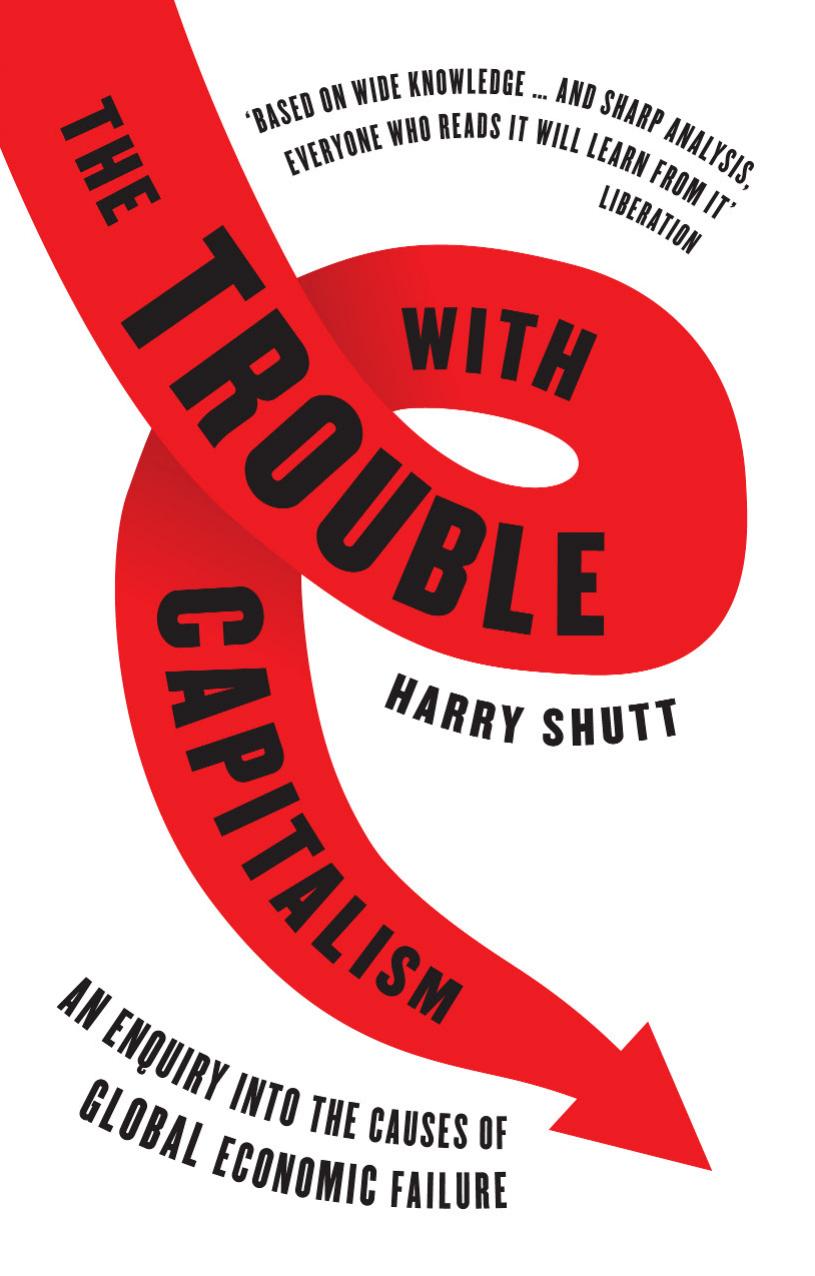The Trouble with Capitalism by Harry Shutt

Author:Harry Shutt
Language: eng
Format: epub, pdf
Publisher: Zed Books
Published: 2013-03-14T16:00:00+00:00
Other new investment pastures
Naturally, however, the public sector is not the only area where the swelling flood of excess capital has been searching for new outlets. Indeed it has clearly been the main purpose of deregulating financial markets all over the world both to permit the creation of new investment outlets and instruments and to facilitate their exploitation by investing institutions and non-financial companies alike.
Hidden value in the non-profit sector A natural target for the omnivorous investor community in areas not previously open to them, in both the United States and Britain, has been the extensive field of mutual or non-profit organisations. Many of these were originally set up in the nineteenth century with the principal objective of providing low-cost services to participating members, mainly in banking, insurance and retailing activities. Since their foundation many have accumulated sizable financial reserves, although because of legal and other restrictions these have traditionally been invested in rather low-yielding assets. Since the early 1980s, however, such restraints have been eased, providing both the opportunity and incentive to convert them into regular capitalist enterprises.
As a result, in the United States many Savings and Loan institutions were acquired by commercial enterprises seeking to exploit their newly unlocked potential for profitable investment – as well as the federal government guarantee of their deposits, which thus helped to bring about the scandalous wave of S&L bankruptcies at the beginning of the 1990s (see Chapter 6). Likewise, since the 1980s legislation has facilitated the progressive conversion of Britain’s building societies – hitherto all mutual organisations owned by their depositors and dedicated to financing residential building and house purchases – into quoted companies which are essentially no different from commercial banks. As such it was akin to privatisation – except that the assets already belonged to private individuals.5 Yet unlike the case of real privatisations no one has ever seriously argued that this transformation served any purpose except the rather dubious one of giving the societies access to the mainstream capital markets, and conversely.
Mergers and acquisitions It is a familiar and essential characteristic of the capitalist system that strong companies take over weak ones, or that ones which are individually vulnerable to competitors or declining markets try to offset this weakness by combining their forces. It is also well understood that, to the extent that such mergers have the effect of restricting competition, they may work against the interests of consumers, just as cartels or ‘trusts’, made up of companies which are nominally separate, have tended to do where not prevented by anti-monopoly regulations. Because of the latter restrictions successful companies have tended to grow either by expanding their operations overseas or by diversifying into new product areas, thus avoiding the possibility of contravening anti-monopoly rules, which would result from increasing their share of their core product markets at home. The growth of such transnational or conglomerate corporations has been a particular phenomenon of world capitalism since the 1960s, as companies have increasingly seen their home markets stagnate and thus offer dwindling scope for further expansion.
Download
This site does not store any files on its server. We only index and link to content provided by other sites. Please contact the content providers to delete copyright contents if any and email us, we'll remove relevant links or contents immediately.
The Secret History by Donna Tartt(16617)
The Social Justice Warrior Handbook by Lisa De Pasquale(11489)
Thirteen Reasons Why by Jay Asher(7785)
This Is How You Lose Her by Junot Diaz(5764)
Weapons of Math Destruction by Cathy O'Neil(5034)
Zero to One by Peter Thiel(4823)
The Myth of the Strong Leader by Archie Brown(4789)
Promise Me, Dad by Joe Biden(4444)
Stone's Rules by Roger Stone(4415)
Beartown by Fredrik Backman(4411)
How Democracies Die by Steven Levitsky & Daniel Ziblatt(4396)
The Fire Next Time by James Baldwin(4340)
100 Deadly Skills by Clint Emerson(4075)
A Higher Loyalty: Truth, Lies, and Leadership by James Comey(4031)
Rise and Kill First by Ronen Bergman(4012)
The David Icke Guide to the Global Conspiracy (and how to end it) by David Icke(3880)
The Farm by Tom Rob Smith(3871)
Secrecy World by Jake Bernstein(3782)
The Doomsday Machine by Daniel Ellsberg(3730)
